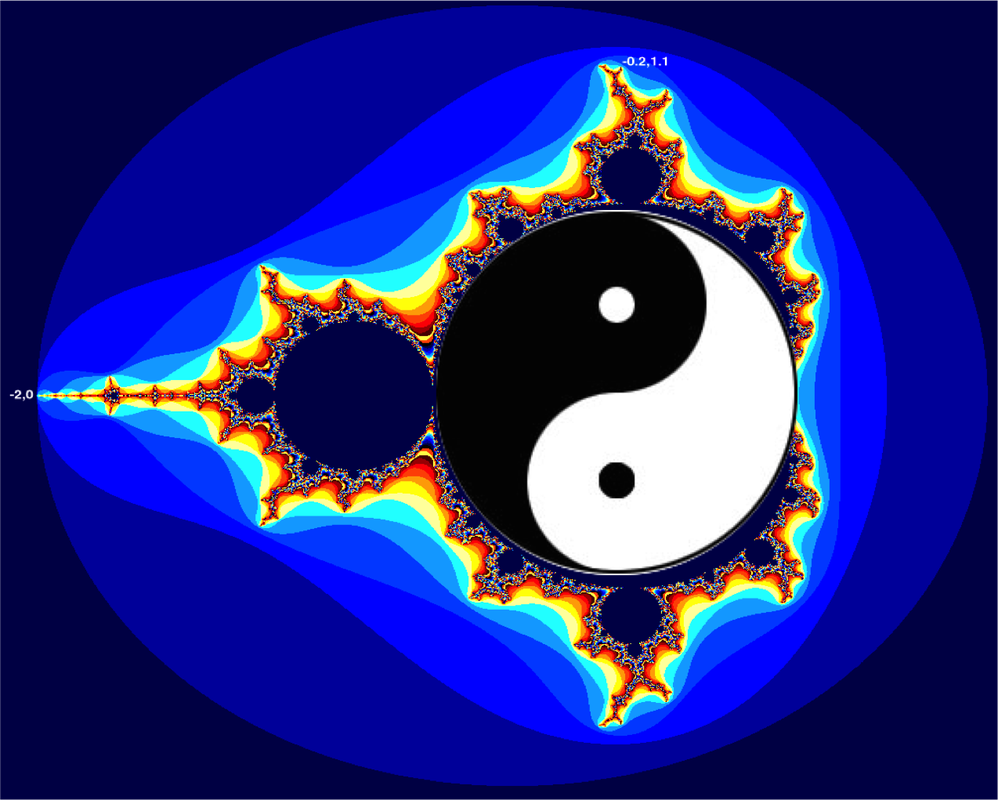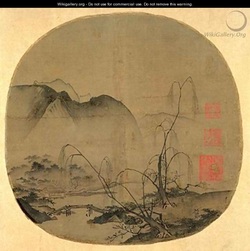2017 Liology Workshop Series Schedule
Part I: Foundational Principles of Liology
1. Introduction To Liology | April 5, 2017Liology is a practice in the integration of meaning, and the workshop series begins by asking: Where do we find meaning in our lives? Liology offers a framework – based on traditional Chinese wisdom and systems science – to integrate all the different aspects of our lives into a meaningful coherence.
2. An Exploration of Love, Harmony & Kindness | April 19, 2017The three core principles of liology are: Love (the realization of connectedness), Harmony (the embodied experience of connectedness) and Kindness (the expression of connectedness). These principles offer a framework for experiencing a life of sustained well-being.
3. The Most Important Relationship In Your Life | May 3, 2017Your relationship with your self is the most important relationship in your life. You are always in it as long as you live. Do you push your self? Are you kind to your self? Do you love your self? There are ways to conduct that relationship to help you get along with your self in love, harmony and kindness.
4. Democracy of Consciousness | May 17, 2017Imagine how a true democracy would function: Honoring the voices of minority groups. Giving equal opportunities for all to be heard. Now imagine that kind of democracy taking place... within your own consciousness. All your different internal voices, emotions and needs being welcomed and honored. How would that feel? How could that be done?
|
Part II: Core Traditional Chinese Concepts
5. The Tao Within You | May 31, 2017"If you wish to know the Tao," said a Chinese sage, "look within you." Modern science has shown the profound wisdom of his insight. The patterns of the natural world work according to the same self-organizing principles as those within us. What can we learn about ourselves when we investigate the deep, mysterious patterns of the natural world?
Note: Three workshops in May, just one in June
|
Part III: Applying Liology to Our Lives
9. Riding the Adaptive Cycle of Life | August 16, 2017The Adaptive Cycle model was developed over decades by leading ecologists to understand change in natural systems. It applies equally well to human lives. It’s possible to learn how to manage the four phases of the cycle – growth, conservation, release and renewal – for greater resilience and fulfillment.
10. Seeking Enlightenment… Or Integration? | September 6, 2017Many spiritual traditions set us on the quest for enlightenment. An alternative approach to living a meaningful and fulfilled life is a path of integration. This is a path available to all of us, one that embraces every aspect of our being. In a path of integration, nothing is rejected, but instead is honored and harmonized.
11. Weaving the Web of Meaning | September 20, 2017At rare moments in our lives, we become aware that we are all interconnected. We sense how the ripples of our actions reverberate in ways we can't even imagine through the wider world. We live in a web of meaning, a web we weave ourselves, where the meaning itself arises from its connections. It is filled with love, harmony... and also with the paradox of being a part of the modern world with its unremitting assault on nature.
12. Achieving and Sustaining Wellbeing | October 4, 2016
Deep down, everyone wants to live a life of true wellbeing. But what does that really mean? There is a subtle but important difference between wellbeing and happiness. There are particular practices that can be learned to help achieve sustained wellbeing in our lives regardless of what happens to us.
|


